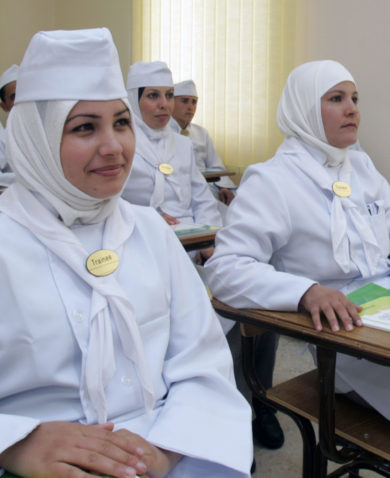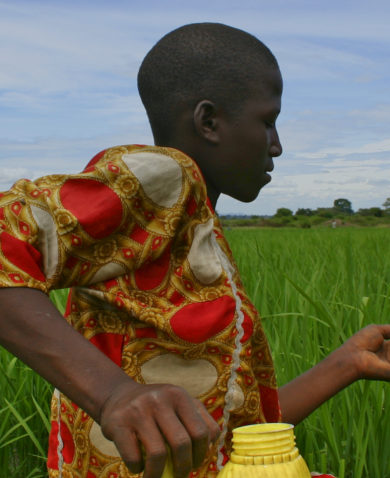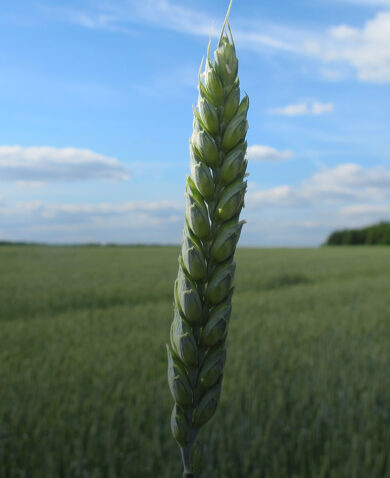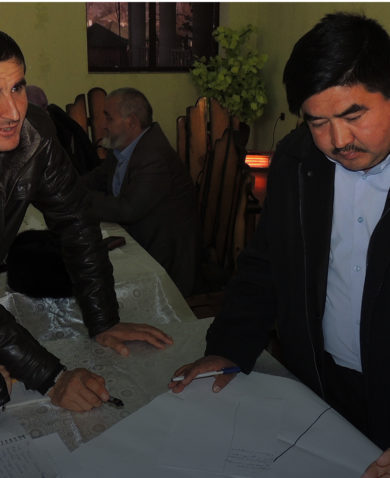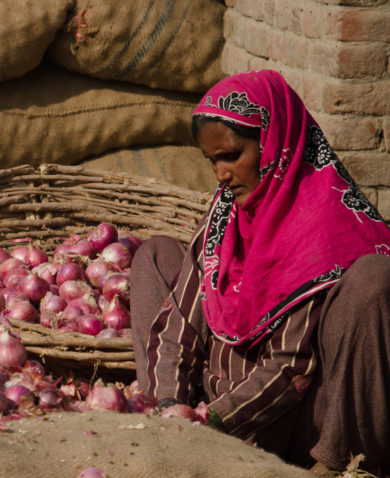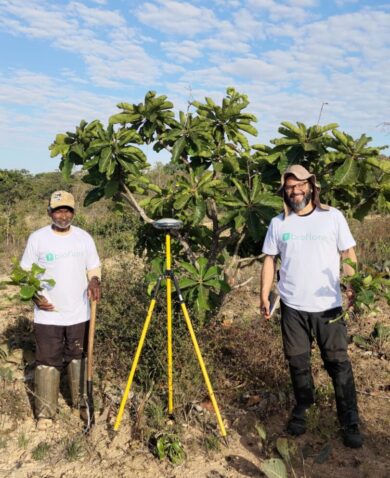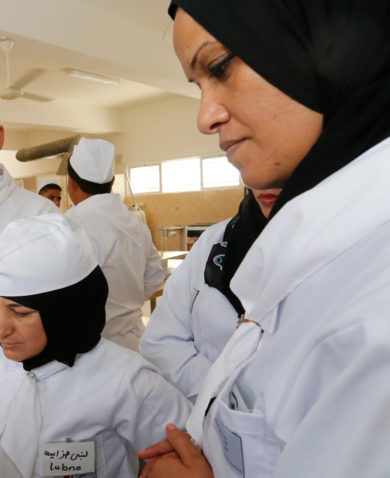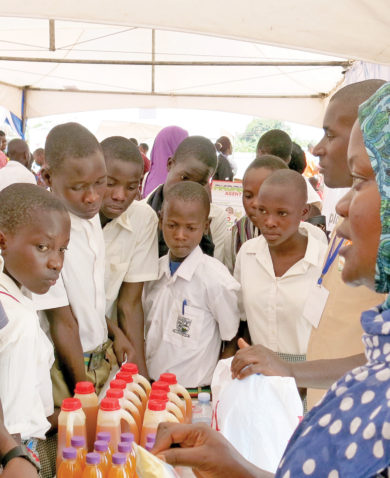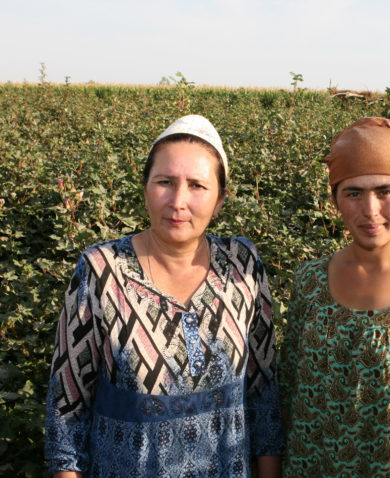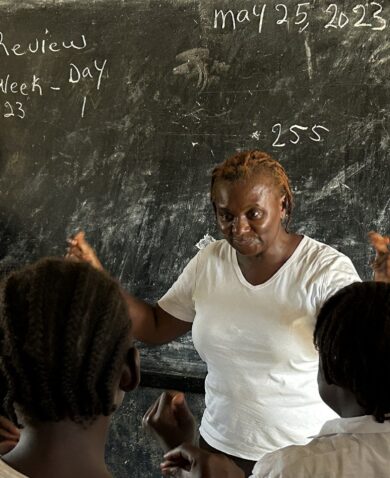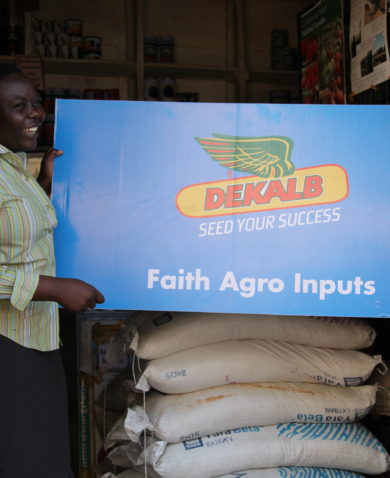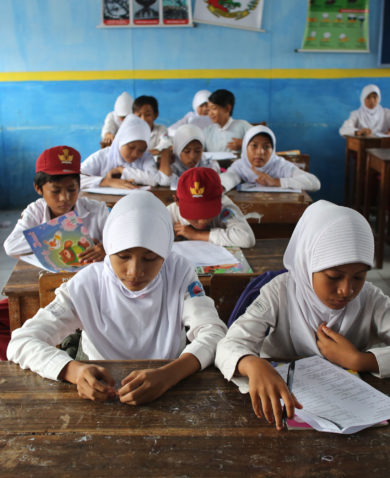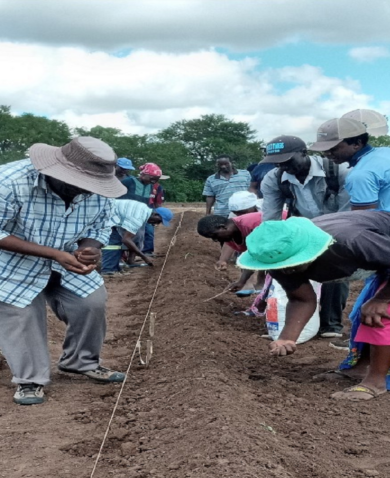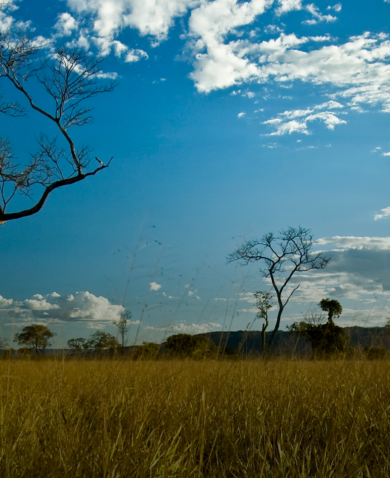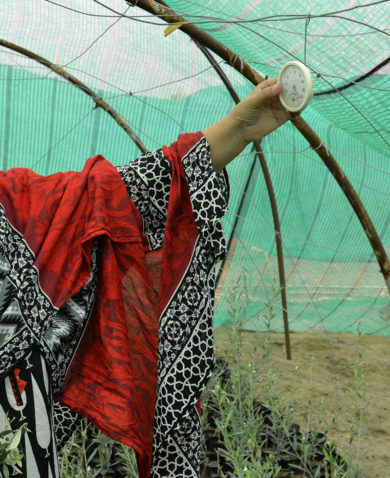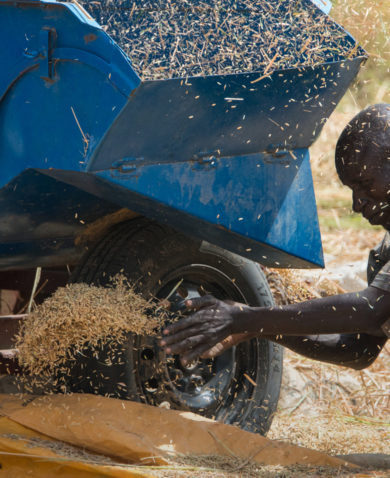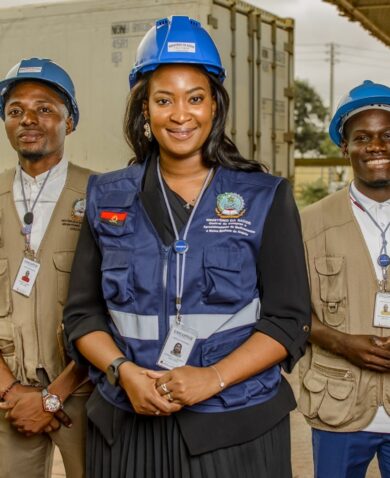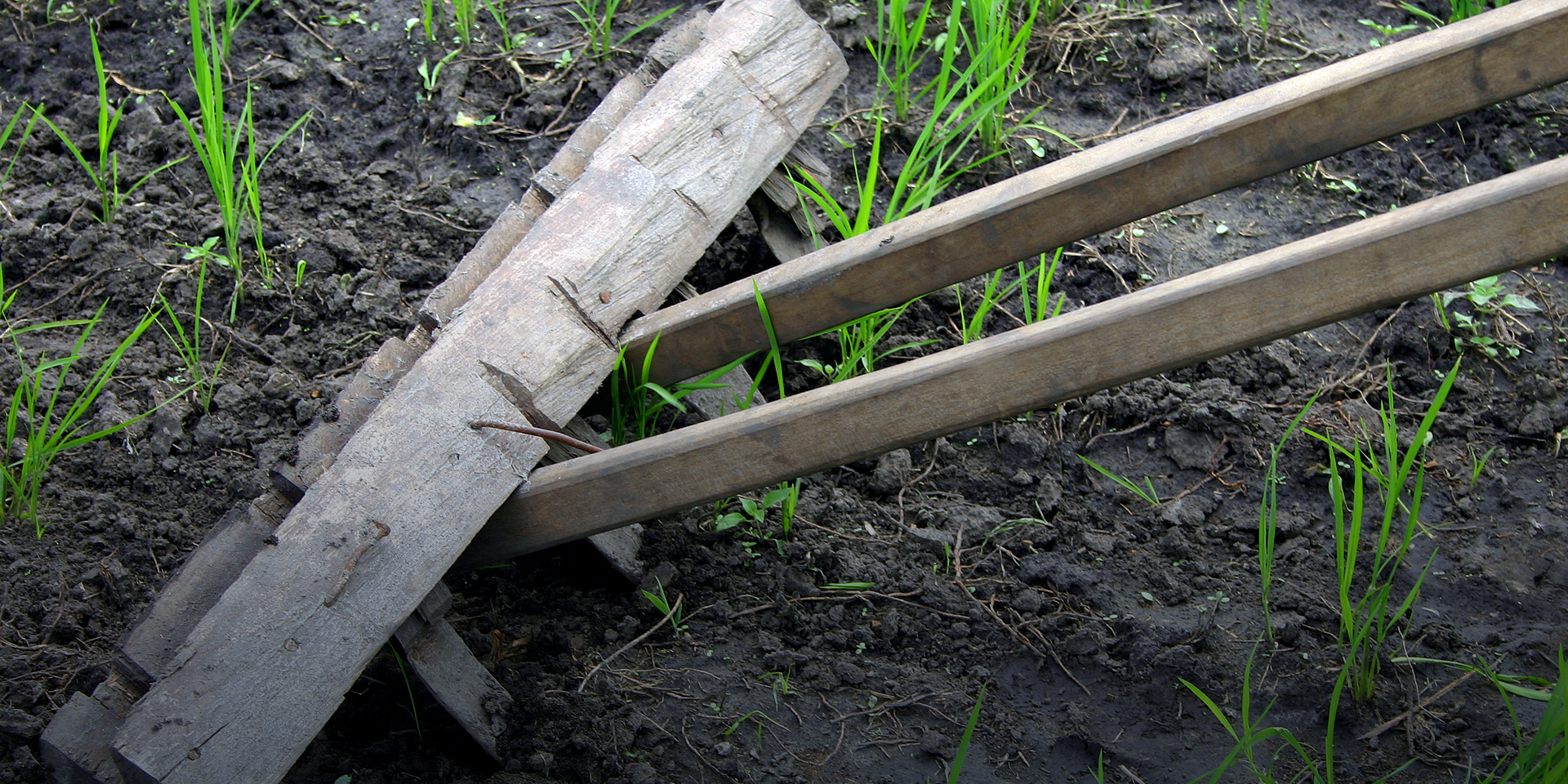
Improving Soil Health .
April 10, 2015Using conservation agriculture and technology, the Feed the Future Commodity Production and Marketing Activity in Uganda is helping farmers improve yields and increase incomes.
The Feed the Future Uganda Commodity Production and Marketing Activity, implemented by Chemonics, aims to sustainably increase production and marketing of maize, beans, and coffee. In particular, the project promotes conservation farming practices to reverse widespread soil degradation and helps farmers stabilize yields by mitigating the effects of weather variability.
To achieve these goals, the program is developing the agricultural skills of traders and their associated village agents by exposing them to improved farm management practices, such as proper spacing, benefits of spraying, intercropping, and manure and fertilizer application. The village agents learn from experts in conservation farming about minimum tillage, herbicides, crop rotation, and environmental protection. Then, to transfer knowledge to farmers, the village agents establish learning sites to demonstrate the promoted technologies and teach the improved techniques.
Learning from the established training sites, traders are supporting farmers to access soil-based fertilizers and practice coffee bean intercropping as a canopy management strategy. Through continued participation of traders and their village agents, the project is tapping into existing market structures to facilitate local ownership of the promoted interventions, which will result in improved yields, better market opportunities, and ultimately increased incomes, leading to better lives for rural smallholder farmers.
Organic Fertilizer Tests and Field Days
To encourage organic fertilizers in coffee production, the program is conducting fertilizer trials that compare an organic fertilizer, Perfect Blend, with the most commonly used inorganic (NPK) fertilizer in Uganda. The Perfect Blend organic fertilizer trial plots have shown effects on growth vigor, yield, and pest pressure.
Through farmer field days, farmers have observed the following trend: crops with fertilizer application perform better than the control plots. Additionally, in most instances, trees with Perfect Blend application showed better performance than those treated with inorganic fertilizers. These learning sites have also demonstrated the positive effects of improved farm management practices, such as balanced soil nutrition, weed control, pruning of excess growth, yield, and pest pressures. The trials are ongoing, but show encouraging promise for commercially produced organic fertilizers to be successful in Uganda.
Precision Agriculture through Information and Communications Technology
The project also helps farmers find cost-effective options for field-based soil testing and analysis as a way to improve soil fertility and crop yield. To this end, the project established Akorion, an information and communications technology consortium of five youth-led companies. Project staff collaborate with Akorion to develop, promote, and popularize mobile apps, including one that combines soil testing and e-extension services.
Relying on the soil sample training that the program provides, the village agents can conduct soil testing and use Akorion’s app to create digital profiles of their client farmers. Data collected through the app can then be used to determine tailored fertilizer solutions for each farm profile. Through such services, Akorion provides up-to-date agricultural information and best practices via mobile technology to complement the project’s ongoing initiatives to boost the productivity and competitiveness of smallholder farmers in Uganda.














